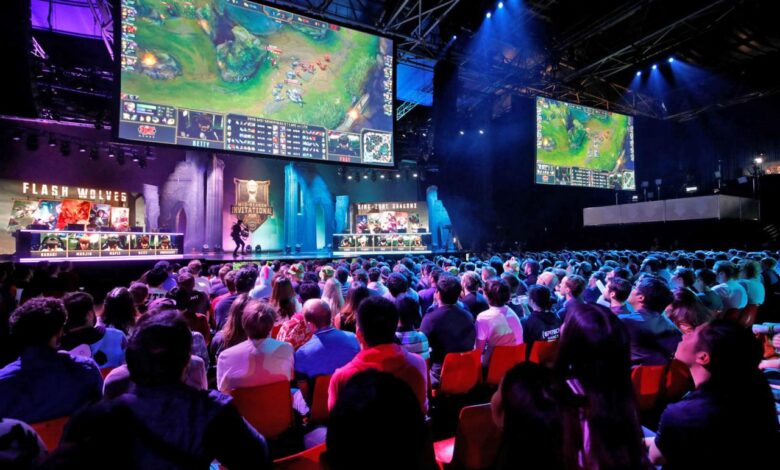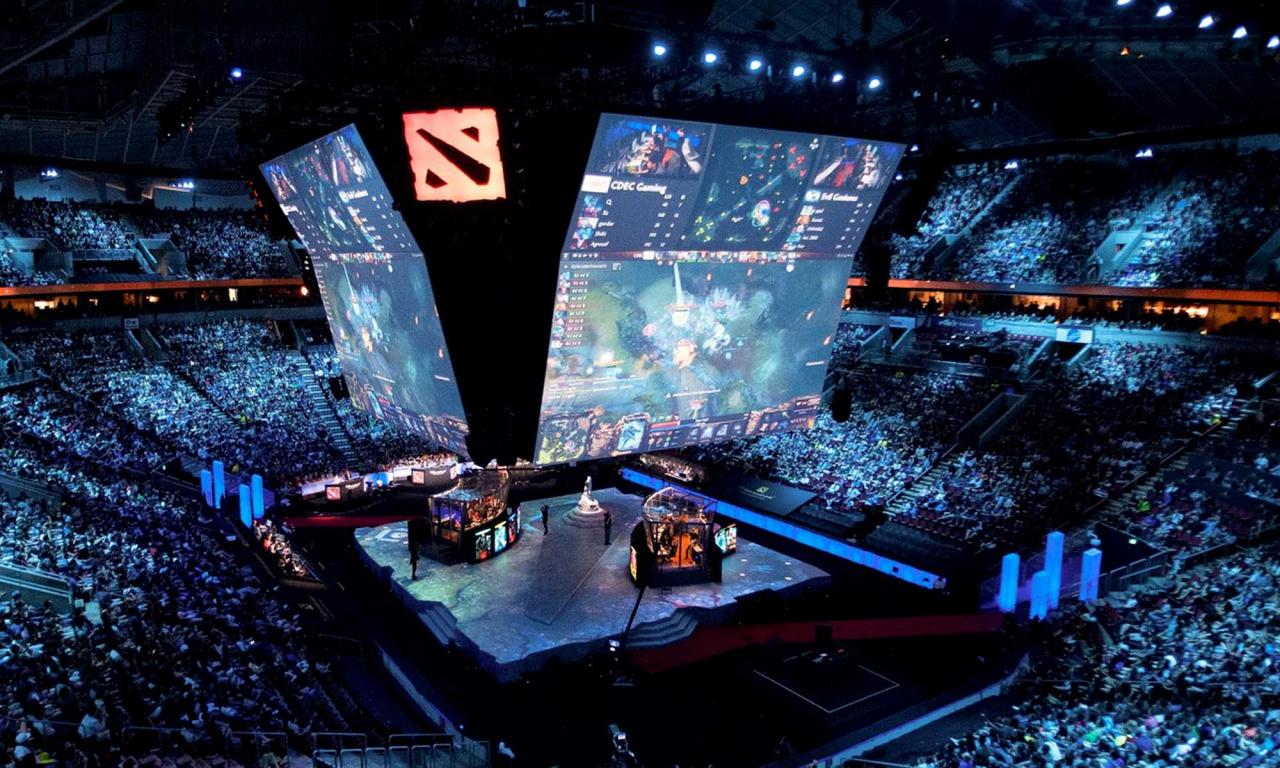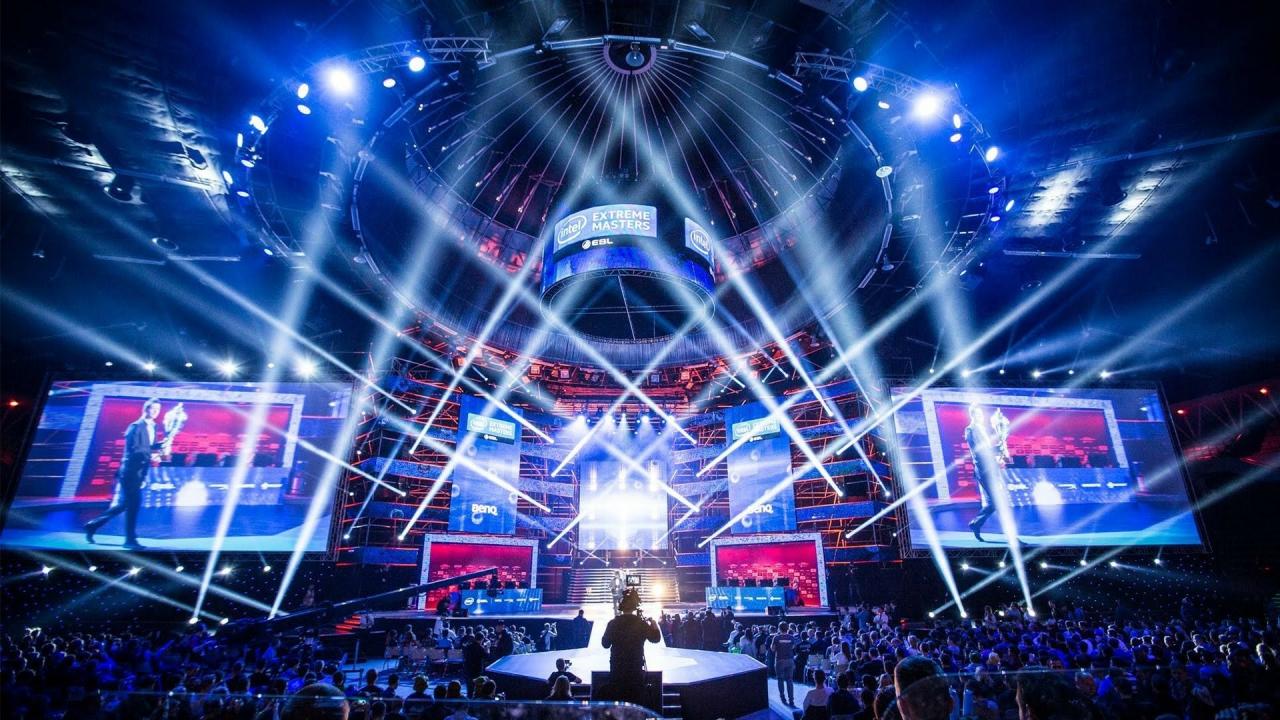Esports Become The Rise of a Digital Competitive Gaming

In the fast-paced, interconnected world of 2025, a new form of competition has taken the global stage, captivating millions and redefining what it means to be an athlete. Esports, or electronic sports, has transcended its niche origins to become a cultural phenomenon, a multi-billion dollar industry, and a legitimate professional career path. It is a world of high-stakes tournaments, celebrity players, and a fan base as passionate as any in traditional sports. But for many, the world of esports can seem like a closed-off, complex universe, a maze of intricate strategies, specialized jargon, and a level of skill that seems impossible to attain. This comprehensive guide is designed to demystify the entire ecosystem of esports. We will take you on an in-depth journey through the history, the business, and the culture of competitive gaming. We will explore what makes esports a true sport, analyze the key players and their roles, and provide a clear, actionable roadmap for anyone who wants to become a professional player or simply a more knowledgeable fan. By the end of this article, you will have a clear understanding of why esports is not just a passing trend but the future of competition.
The Foundational Principles of Esports

What makes esports a sport? It is a question that has been debated for years, but the answer lies in the fundamental principles that govern all forms of competition.
A. The Definition of a Sport
A sport is an activity involving physical exertion and skill in which an individual or team competes against another or others for entertainment. While esports may not involve physical exertion in the traditional sense, it requires an incredible level of skill, mental acuity, and teamwork. It is a competition between two or more opposing teams or individuals in a structured and organized manner. The key elements of a sport—skill, competition, rules, and a defined outcome—are all present in esports.
B. The Physical and Mental Demands
An esports athlete is a master of their craft. They have honed their skills through thousands of hours of practice. The physical demands of an esports athlete include:
- Reaction Time: A professional player’s reaction time is often faster than that of a fighter pilot. They can process information and react to an in-game event in a fraction of a second.
- Hand-Eye Coordination: The level of hand-eye coordination required to perform a complex series of in-game actions is on par with that of a professional surgeon.
- Endurance: A professional esports match can last for hours, and a tournament can last for days. This requires a level of physical and mental endurance that is as demanding as any traditional sport.
The mental demands are just as intense. An esports athlete must be able to:
- Make Split-Second Decisions: They must be able to process a massive amount of information and make a decision in a fraction of a second, with the outcome of the game on the line.
- Collaborate and Communicate: For a team-based game, communication is key. They must be able to work together as a single, cohesive unit, with a deep understanding of their teammates’ strengths and weaknesses.
- Mental Fortitude: They must be able to perform under immense pressure, with millions of people watching and the outcome of the tournament on the line.
The Esports Ecosystem
The esports ecosystem is a complex and highly professional world, with a clear hierarchy of players, teams, leagues, and sponsors.
A. The Key Players
- The Player: At the heart of it all is the player. A professional esports player is a master of a specific game. They have honed their skills through thousands of hours of practice and have a deep understanding of the game’s mechanics, strategies, and competitive meta.
- The Team: The team is the professional organization that signs and manages a group of players. The team provides a salary, a training facility, and a support staff that includes coaches, analysts, and managers.
- The League: The league is the professional organization that runs the tournaments and the competitive season. The league provides the structure, the rules, and the prize money for the players.
- The Sponsor: The sponsor is the company that provides financial support to a team or a league. In return, the sponsor gets to advertise its brand to millions of passionate and engaged fans.
B. The Roles of a Professional Esports Organization
A professional esports organization is a lot like a traditional sports team. It has a support staff that works to ensure the players are in peak physical and mental condition.
- The Coach: The coach is responsible for the team’s strategy, a deep understanding of the game’s meta, and for providing a clear direction for the players.
- The Analyst: The analyst is responsible for analyzing the team’s performance, identifying areas for improvement, and for scouting the competition.
- The Manager: The manager is responsible for the day-to-day operations of the team, from managing the players’ schedules to handling contracts and travel.
The Business of Esports

The world of esports is a massive and rapidly growing industry. It is a business that is built on a foundation of media rights, sponsorships, and merchandise.
A. The Revenue Streams
- Media Rights: Much like traditional sports, the media rights for a major esports league can be sold to a TV network or a streaming platform for hundreds of millions of dollars.
- Sponsorships and Advertising: A major source of revenue for teams and leagues is sponsorships and advertising. Companies want to reach the young, digitally native audience of esports fans, and a partnership with a team or a league is a powerful way to do that.
- Merchandise and Ticket Sales: Teams and leagues can also generate revenue from the sale of merchandise, such as jerseys, hats, and other gear. A major esports tournament can also sell thousands of tickets to fans who want to watch the competition live.
- In-Game Purchases: Many esports games are free-to-play, and they generate revenue from in-game purchases of skins, battle passes, and other cosmetic items. This is a massive source of revenue for the game developers and a major part of the esports business model.
B. The Rise of Collegiate Esports
Esports is not just a professional career path; it is also a college sport. Universities are now offering scholarships to talented players, and the National Collegiate Athletic Association (NCAA) is beginning to explore the possibility of a professional league for college players. This is a major step toward legitimizing esports as a traditional sport.
C. The Future of Esports
The International Olympic Committee (IOC) is beginning to explore the possibility of adding esports to the Olympics. This is a major step toward legitimizing esports as a global sport and could lead to a massive increase in the number of players and fans.
The Journey to Becoming a Pro
For many, the dream of becoming a professional esports player is the ultimate goal. The journey is long and difficult, but it is not impossible.
A. The Training and Practice
A professional esports player practices for hours every day. They have a strict training regimen that includes a focus on:
- In-Game Skill: They practice their in-game skills, from aim and reaction time to a deep understanding of the game’s mechanics.
- Strategy and Teamwork: They work with their teammates and their coach to develop a strategic plan for every match.
- Physical and Mental Health: They have a strict focus on their physical and mental health, with a regular exercise routine, a healthy diet, and a commitment to a good night’s sleep.
B. The Path to Professionalism
The path to professionalism is a long and difficult one. It starts with a passion for a game and a commitment to a long-term vision.
- The Grind: The first step is to grind and master a game. This involves playing thousands of hours and climbing the competitive ladder.
- The Team: Once you have reached a high rank, you can begin to look for a team. This is a time to work with other players and show your skill and teamwork.
- The Sponsorship: Once you have a team, you can begin to look for a sponsorship. This is a time to show a company that you are a valuable asset and a great brand ambassador.
Conclusion
Esports is not just a passing trend; it is the future of competition. It is a world of high-stakes tournaments, celebrity players, and a fan base as passionate as any in traditional sports. This guide has provided you with a comprehensive roadmap to that world, from the foundational principles of what makes esports a sport to the business of the industry and the journey to becoming a professional player.
The world of esports is a vibrant and exciting place, a testament to the creativity and ingenuity of game developers and players alike. It is a form of art, a source of community, and a way to escape the stress of modern life. The work of an esports athlete is never truly done, and the games we play today are a testament to their tireless work. By understanding the world of esports, you are not just a spectator; you are a part of a global community that is at the cutting edge of competition and entertainment. The next great match is waiting for you.


